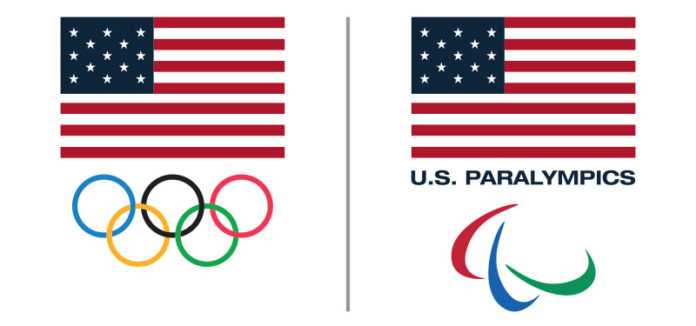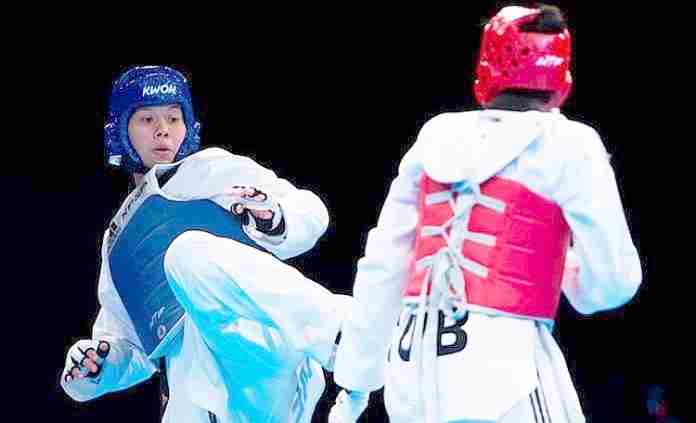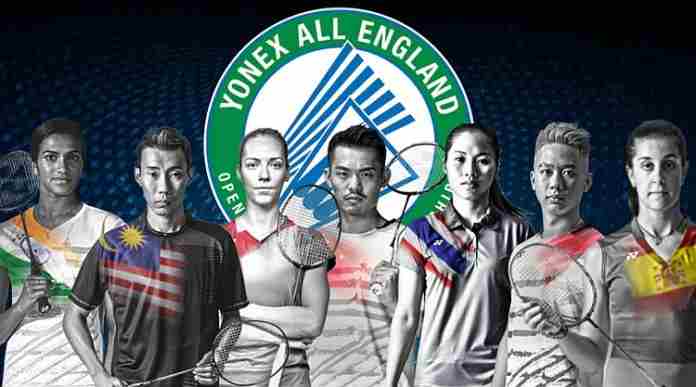Stung by the multiple Congressional inquiries into its responses – or lack of responses – to the sexual-abuse situations in swimming, gymnastics and other sports, the United States Olympic Committee has begun an intense program of review of its affiliated National Governing Bodies.
The USOC has already begun the process of formally revoking the status of USA Gymnastics as the NGB for gymnastics in light of the Larry Nassar scandal, which has resulted in multiple lawsuits against both that organization and the USOC.
More recently, two more NGBs have come under close scrutiny:
● The Sports Business Daily reported last Friday that “The USOC has investigated USA Diving’s BOD for allegations of self-dealing and conflicts of interest, and a top USOC official said decertification is possible if the board does not agree to reforms.”
● Ben Fischer of the SBD also reported on Monday that USOC Chief of Sport Performance Rick Adams has also been in contact with USA Boxing. “We sent Boxing a letter based on an external audit that took place based on a review of board practices, and we requested certain reforms around the composition of the board, the leadership of the board, and the number of independent directors. At this juncture, we’re working collaboratively with Boxing.”
Fischer noted that the USOC is especially interested in “how NGB boards operate — in particular how many of them are controlled by people with vested interests in clubs or businesses that can benefit from NGB decisions.” Adams indicated that more work is being done with NGBs to try and ferret out these kinds of issues.
That’s quite separate from the sexual-abuse issues that has gotten the USOC in recent trouble, but a sign that the organization’s new leadership recognizes that Congress – the ultimate overseer of the Olympic Movement in the U.S. through the Ted Stevens Olympic and Amateur Sports Act – expects the USOC to exercise substantial oversight of the NGBs in all aspects of its governance.
These recent USOC actions about conflicts of interest at the Board of Directors level are also separate from the questions of “athlete voices.” The current statute defines “athletes” for the purposes of participation in NGB affairs as having competed for the U.S. within 10 prior years.
There is considerable interest in relaxing this time requirement, or perhaps abolishing it, but if the current trickle of NGB Board conflicts turns into a tide, the USOC could rightly make the case to the Congress that any definition of “athletes” eligible to serve on an NGB Board or committee may have to consider whether the “athlete” is compromised by existing or past affiliations, consulting or sponsorship arrangements with companies or organizations which do business (or could do business) with the NGB.
It is not too far from reality that Congress could consider a modification of the Ted Stevens Act which requires the USOC and the NGBs to have “athlete” participation which is “independent,” meaning they are not affiliated or being sponsored by – for example – adidas, Arena, Brooks, New Balance, Nike, Skechers, Speedo, Tyr or others.
Would any “athletes” be left? If the “voice of the athlete” is to be heard, should Congress be concerned that it is the “athlete’s voice” or is it that of their sponsor(s)?

























